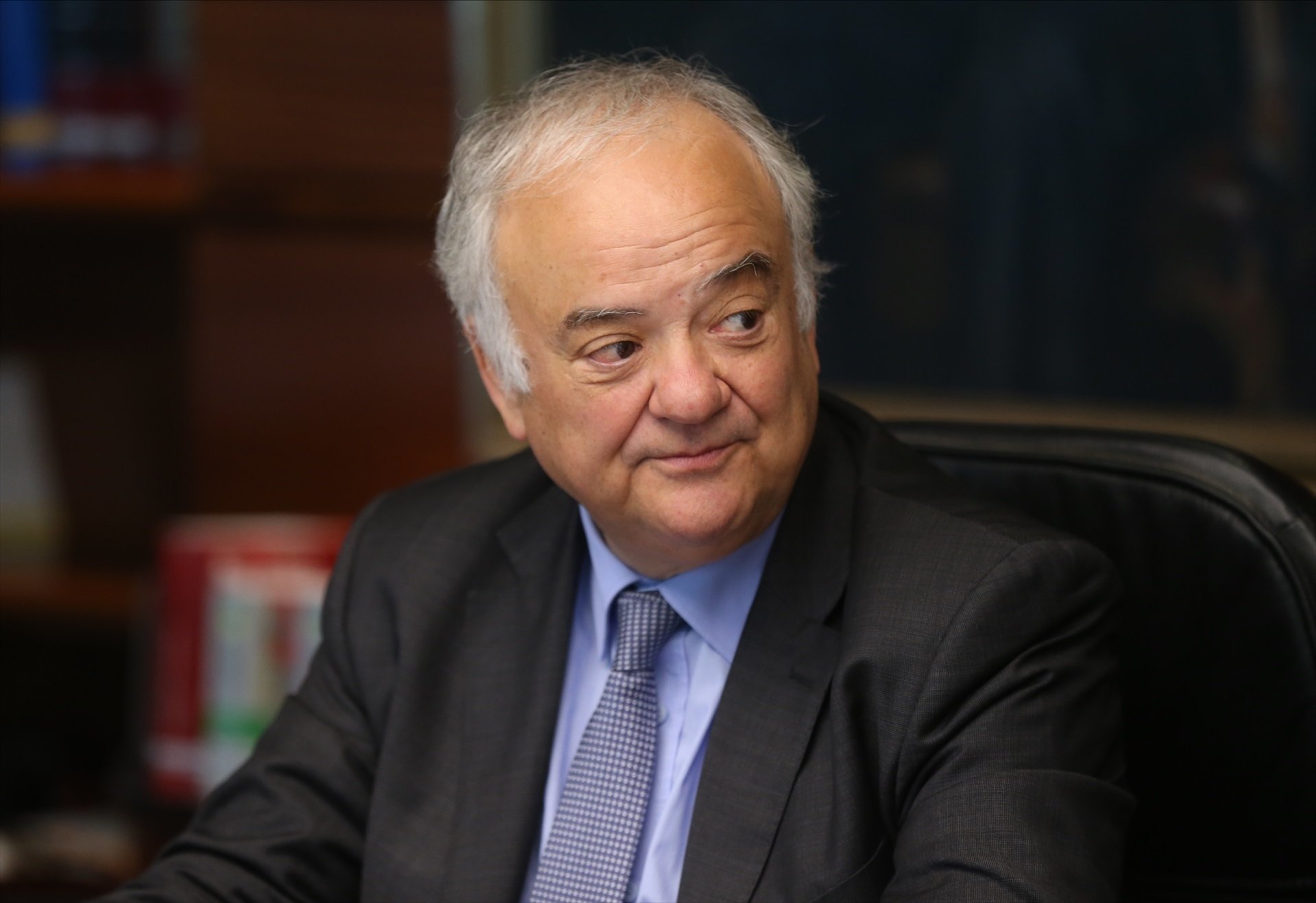The Spanish Constitutional Court's prohibition of Catalan parliamentary debates on Catalonia's right to self-determination or Spain's monarchy is already a part of Spain's judicial set menu. But this week the recipe was altered just slightly. The Catalan Parliament, in fact, received a new ruling from the Constitutional Court declaring null and void agreements adopted by the parliamentary Bureau, on November 26th, 2019, which accepted amendments from the three main pro-independence parties criticizing the Supreme Court's judgement of the nine Catalan political prisoners and denouncing, among other things, the "censorship that the Constitutional Court is attempting to impose on [the Catalan] Parliament" to prevent debates on the right to self-determination or the monarchy. But despite the ruling of the Constitutional Court, backing the arguments of the Ciudadanos (Cs) deputies who said their "representative functions" were breached by the Bureau, there was a minority opinion and it was a highly critical one. Judge Ramón Sáez strongly disagreed with the court majority: "The inadmissibility and the impossibility of the debate implies an interference with parliamentary power and the freedom of deliberation of assemblies and MPs which is scarcely compatible with the democratic principle that demands a broad space for the exchange of ideas and opinions".
At the same time, Sáez asserted that the decision adopted by the court gives rise to a doctrine that "extends the fundamental right of political representation being exercised by the [Cs] deputies and, as a necessary consequence, sacrifices the right of the [other] parliamentarians wishing to present and defend initiatives in exercise of their own right of political representation", which damages the "right to political participation of the citizens they represent". In his opinion, then, the rights of the MPs of the three pro-independence parties, Junts, ERC and CUP, have ended up being violated by this sentence, without justification. With regard to the Bureau's decision to accept the amendments criticizing the Constitutional Court's "censorship" of certain debates for parliamentary hearing, this judge asserts that "this does not affect the representative rights of [the Cs deputies who laid the complaint], who are only required to exercise their position by taking part in the debate". "Admitting the amendments does not limit or prevent or disturb the exercise of their fundamental right" of representation and political participation, he argues.
Judge: The court's decisions "exclude key political issues from parliamentary debate"
In the text of his minority opinion, Ramón Sáez regrets that the decisions taken by the Constitutional Court "exclude transcendent political issues that shape the general interest from parliamentary debate", such as the monarchy, criticism of King Felipe VI or Catalonia's right to decide its future. "Criticism of some of the court's resolutions is now also prevented," he criticizes. From his point of view, "this is how the role of parliamentary assemblies becomes devalued as the 'natural seat of political debate', one of the foundations of the parliamentary democratic system, which requires that debate be absolutely free in terms of its content". making reference to jurisprudence from the Constitutional Court itself, which overturned the central government's appeal against the so-called 'Ibarretxe Plan' for a Basque self-determinition initiative.
Judge Sáez has, in fact, often given minority opinions against rulings of the Constitutional Court that affect the Catalan independence movement. One of his most prominent pronouncements was that against judge Manuel Marchena's verdict that the nine pro-independence leaders were guilty of sedition: "The proven facts are full of judgments and opinions." Among other things, he also mentioned that it was not clarified what the crime of sedition was. He also took a position against the court's decision to overturn former president Quim Torra's appeal for constitutional protection against the decision to strip him of his seat as an MP, pointing out that his right to have an impartial judge was violated in his trial for disobedience and that his seat was removed although the action he was judged on was in a different capacity - that of his role as president of the Generalitat.

